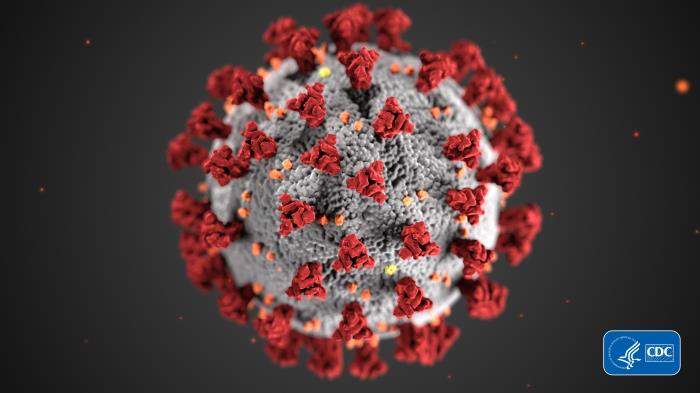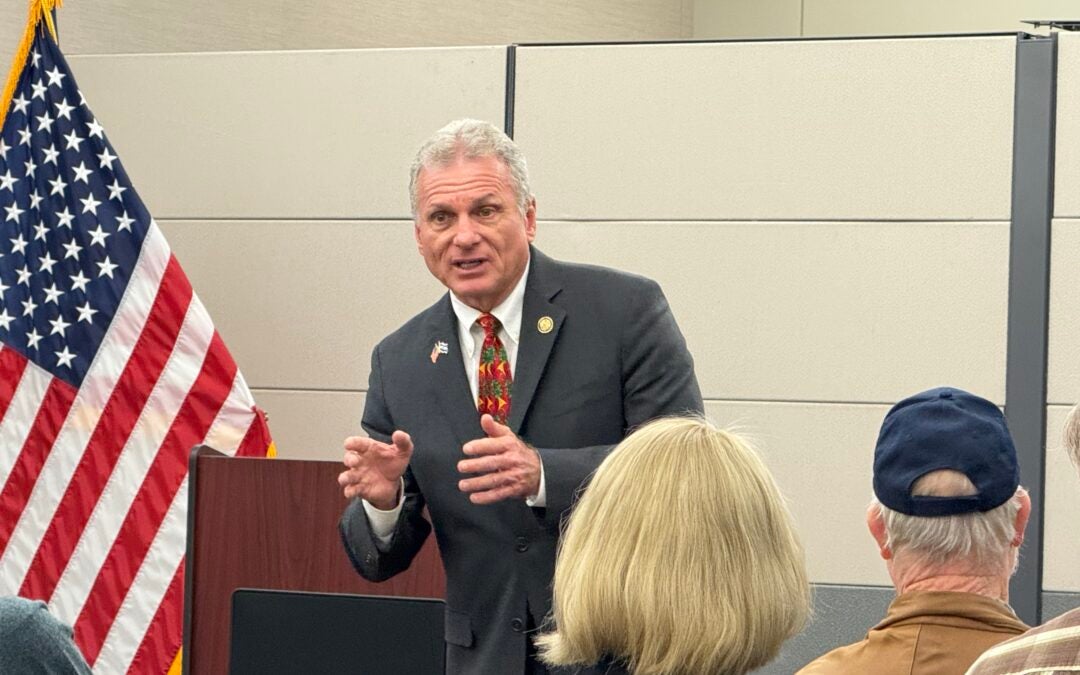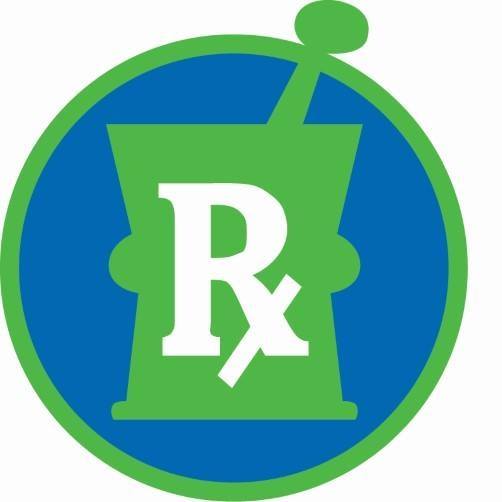More than 20 countries, including the United States, have reported the appearance of the SARS-CoV-2 omicron variant.
The World Health Organization received the first report of the B.1.1.529 variant from South Africa on Nov. 24. Since then, it turned up in travelers to nearly two dozen other countries including Australia, Germany and the United Kingdom.
On Dec. 1, the Centers for Disease Control and Prevention reported the California and San Francisco Departments of Public Health confirmed the variant was found in a traveler who had returned from South Africa. A second case has now been confirmed in Minnesota.
MORE: FDA expands authorization for COVID-19 booster doses
“We knew that it was just a matter of time before the first case of omicron would be detected in the United States,” Dr. Anthony Fauci, chief medical advisor to President Biden, said at a White House press briefing.
[adrotate banner=”51″]
Both CDC and WHO have classified omicron as a “Variant of Concern,” defined by CDC as:
“A variant for which there is evidence of an increase in transmissibility, more severe disease (for example, increased hospitalizations or deaths), significant reduction in neutralization by antibodies generated during previous infection or vaccination, reduced effectiveness of treatments or vaccines, or diagnostic detection failures.”
“Early data from South Africa suggest increased transmissibility of the Omicron variant, and scientists in the United States and around the world are urgently examining vaccine effectiveness related to this variant,” said CDC Director Rochelle Walensky. “I strongly encourage the 47 million adults who are not yet vaccinated to get vaccinated as soon as possible and to vaccinate the children and teens in their families as well, because strong immunity will likely prevent serious illness.”
MORE: Ramping up COVID-19 vaccine booster shots
Health departments in Georgia and South Carolina are also watching for the omicron variant.
At the Georgia Esoteric and Molecular Laboratory at Medical College of Georgia at Augusta University, Dr. Ravindra Kolhe said they have the sequence for the new variant. They are set up in the GEM Lab to spot it immediately.
[adrotate banner=”15″]
Kolke said it is unclear if omicron is a variant of the original SARS-CoV-2 virus, or if it is from an existing variant, like delta.
“This new variant is making headlines because of the very large number of mutations in its spike protein: 30 mutations, three deletions and one insertion. Some of these mutations have been seen before,” he explained.
During the South Carolina Department of Health and Environmental Control weekly briefing, Public Health Director Dr. Brannon Traxler said little is currently known about this new variant. She thinks it will be two-to-four weeks to know if current vaccines will be effective.
“In terms of how aggressive it is — meaning how transmissible it is — I think we might have an early estimation of that compared to the delta variant potentially sooner. Though, I don’t know how much sooner,” she said. “I think we’ll know more over the next two to four weeks about this virus, this variant overall and a lot of both its characteristics and the efficacy of our treatments and our vaccines against it.”
All health care professionals urge people to get vaccinated if they are not and get booster shots as soon as they are eligible if they are vaccinated. Also, continue mask-wearing and social distancing, particularly when indoors with people other than family and known associates.
Dana Lynn McIntyre is a Staff Reporter with The Augusta Press. You can reach her at dana@theaugustapress.com











